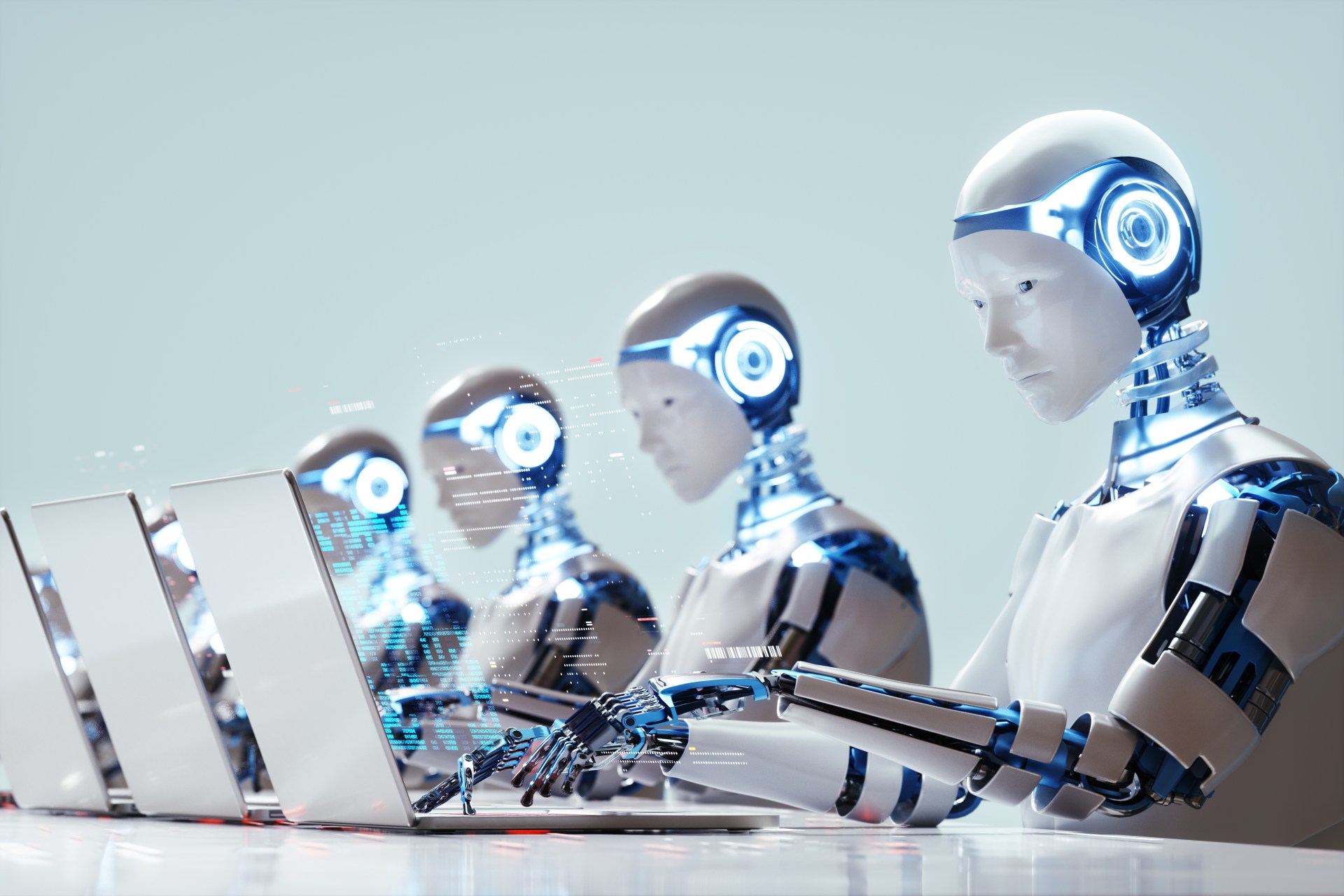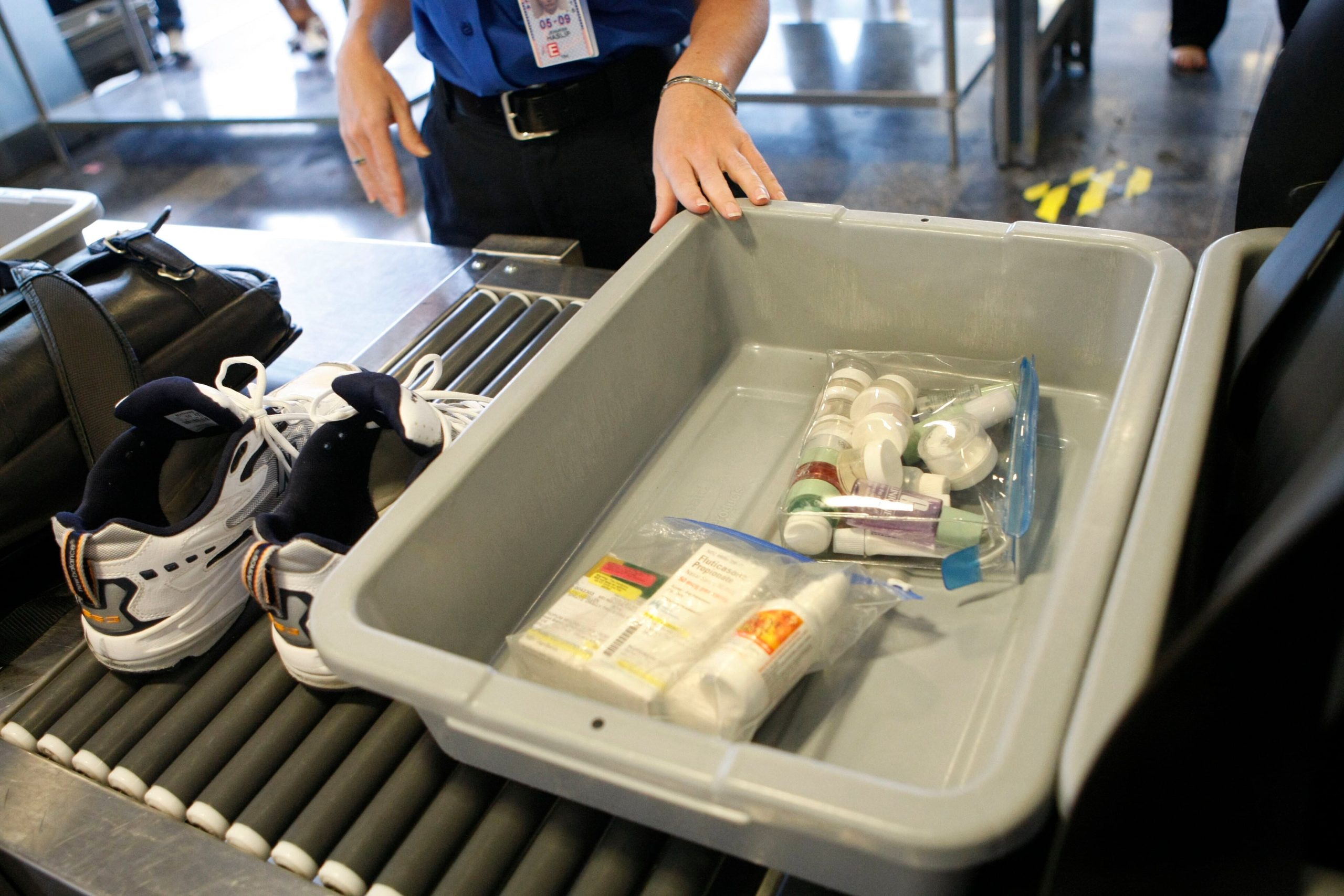
AI Job Apocalypse: Survive and Thrive

Artificial intelligence (AI) is rapidly transforming the world of work, moving beyond futuristic concepts to become a tangible force reshaping industries and roles. While anxieties about widespread job displacement are understandable, the rise of AI also presents an opportunity for individuals to adapt, retrain, and even advance their careers. As certain tasks become automated, new roles are emerging, and many areas remain where human skills are irreplaceable. Instead of fearing obsolescence, professionals can proactively future-proof themselves by focusing on developing skills that complement and leverage the capabilities of AI.
Here are 10 professions identified as being particularly susceptible to displacement by AI, along with expert advice on how to adapt and thrive in the evolving job market:
1. Data Entry Clerks
- Affected Workforce (London): 95,100 specialists
The nature of data entry – repetitive and rule-based – makes it highly suitable for automation. Machine learning and Optical Character Recognition (OCR) systems can now extract data from various documents with impressive accuracy and minimal human intervention. This leads to reduced labour costs and fewer errors, causing traditional data entry roles to diminish.
- What to Do Instead: Consider a transition to data analysis or management. According to recruitment specialists, the ability to interpret data, understand its context, and determine the next steps requires judgment and curiosity that AI cannot replicate. Focus on building skills like critical thinking, data storytelling, and business insight. Enhance your proficiency with tools like Excel, SQL, or Python, and learn to collaborate with AI development teams. While AI may handle the basic data processing, businesses will still need analysts to derive meaningful insights and implement intelligence-based solutions.
2. Telemarketers
- Affected Workforce (London): 227,500 telemarketers
The scripted nature of many sales calls makes them vulnerable to automation. AI-driven diallers can handle a large volume of calls, gather data, and deliver sales pitches efficiently. However, genuine relationship-building still requires a human touch.
- What to Do Instead: Telemarketers’ communication and persuasion skills are transferable to digital marketing, customer success, or modern sales roles. These fields value customer outreach, relationship building, and strategic thinking. Learning about digital marketing platforms, Customer Relationship Management (CRM) systems, and social media advertising and engagement will provide a competitive advantage.
3. Basic Customer Service Representatives
- Affected Workforce (London): 58,600 customer service staff
Similar to telemarketing, basic customer service tasks like password resets, order status checks, and billing inquiries are often repetitive and follow a script, making them suitable for automation. AI-powered chatbots and virtual assistants are increasingly being used to provide 24/7 support with high accuracy and reduced wait times.
- What to Do Instead: Transition into more specialised customer success roles, such as customer relationship management, technical support, or client training. Develop problem-solving skills and emotional intelligence, which remain highly valued. Enhance your skills in troubleshooting, product knowledge, and industry-specific needs to facilitate a move to a higher-value position.
4. Retail Cashiers
- Affected Workforce (London): 26,000 cashiers
Self-checkout kiosks, mobile payment apps, and AI-powered surveillance systems have been gradually replacing traditional cashiers. Some companies aim to create fully automated shopping experiences, from item detection to payment processing.
- What to Do Instead: Roles in retail management or customer experience provide a smooth transition, as they utilise similar skills in understanding consumer behaviour and interacting with people. Alternatively, explore opportunities in logistics, supply chain management, or the implementation of technology within retail environments.
5. Proofreaders and Copy Editors
- Affected Workforce (London): 22,100 editors
AI-based tools such as Grammarly and ChatGPT are used by writers and content creators to speed up the editing process. These tools can catch spelling mistakes, inconsistencies in tone, and even offer rephrasing and writing suggestions. While higher-level creative editing and content direction still require a human touch, the more mechanical editing processes are being taken over by AI platforms.
- What to Do Instead: A sharp eye for detail, understanding of language, and ability to write clearly and concisely are highly valued in fields like communications, content marketing, and creative direction. Focus on brand storytelling and campaign strategy, which are areas where automation cannot compete. Expand your skillset to include content strategy, Search Engine Optimisation (SEO), or digital content management.
6. Paralegals and Legal Assistants
- Affected Workforce (London): 20,200 legal admin staff
The role of a legal assistant involves detail-driven tasks like reviewing case files, organising evidence, and researching past rulings, all of which can be done by AI systems.
- What to Do Instead: Explore positions in legal technology, such as legal operations or legal tech consulting, which combine your existing expertise with industry advancements. Alternatively, consider project management, litigation support, or compliance positions within the tech sector.
7. Bookkeepers
- Affected Workforce (London): 153,800 bookkeepers
Rule-based functions such as tracking transactions, managing ledgers, and preparing basic financial reports are becoming increasingly automated. Businesses are implementing modern accounting software to streamline operations and reduce human error.
- What to Do Instead: Your skills in interpreting complex financial data and providing strategic insights are valuable in roles like financial consulting, analysis, and auditing. Enhance your expertise in financial modelling, budgeting, and data analysis to move into a position with more strategic influence.
8. Fast Food and Restaurant Workers
- Affected Workforce (London): 42,000 frontline food staff
Many fast food chains are using automated devices to take orders. The development of technology for preparing meals and cleaning is further expanding AI’s role in the food industry.
- What to Do Instead: Consider more innovative or managerial roles within the food industry, such as culinary innovation, restaurant management, or supply chain management. Food service tech roles that focus on developing or managing AI systems for restaurants also offer a viable alternative.
9. Warehouse Workers
- Affected Workforce (London): 20,600 warehouse staff
Many large companies have developed automated warehouse systems where AI robots handle product selection, packing, labelling, and inventory tracking.
- What to Do Instead: Develop expertise in logistics coordination, inventory control, and warehouse technology operations. Gain education and experience in automation systems, logistics software, efficiency management, and safety standards.
10. Entry Level Market Research Analysts
- Affected Workforce (London): 63,100 junior analysts
Automated AI tools can handle data collection, run statistical analyses, and highlight patterns, effectively taking over the duties of junior market research staff.
- What to Do Instead: Shift toward positions that require more strategic thinking skills, such as strategy consultant, business analyst, or data scientist. Develop strong data storytelling and business insight skills. Build skills in data visualisation and become familiar with platforms like Python.
Are Any Jobs Safe?
Jobs requiring direct human interaction or creativity are generally considered safe from being fully automated, at least for the time being. However, AI is making rapid progress in automating routine tasks. To stay ahead, continuous learning and adaptability are crucial. Focus on developing skills that AI cannot easily replicate, such as critical thinking, creativity, emotional intelligence, and complex problem-solving.






